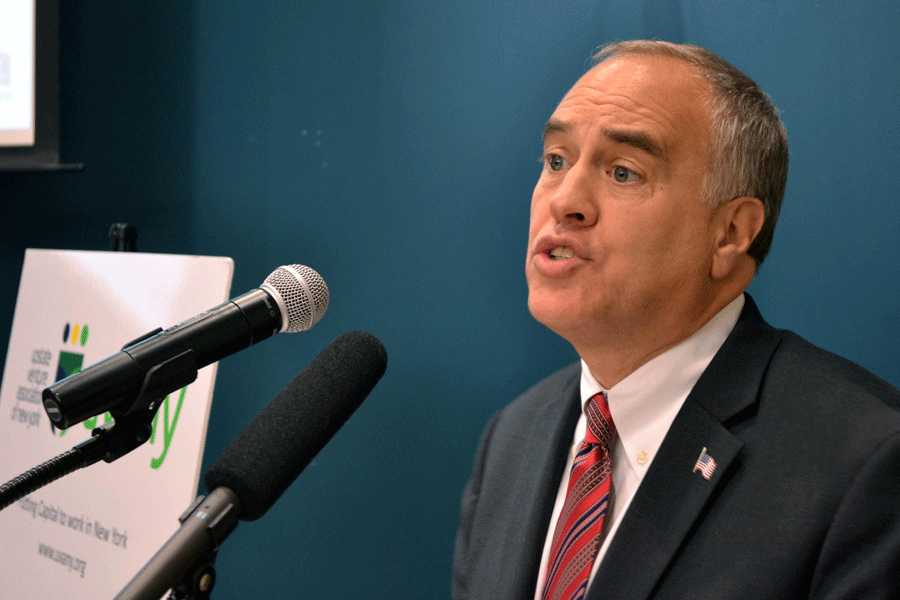The state Department of Health (DOH) should improve its enforcement of nursing home violations, according to an audit made to their procedures by the New York State Comptroller, Thomas P. DiNapoli.
DiNapoli found that the department does not use all the options available to the protection of the senior citizens. Although the DOH is generally meeting its obligations to conduct periodic Standard Health and Complaint surveys, as the Federal laws require, the department is choosing to not levy fines for certain categories of violations, the report stated.
The department is choosing to pass away the infringement of fines that comprise almost 85 percents of the problems identified during its surveys. The report said that DOH is only imposing fines if it finds that the problem has already resulted in actual harm to an individual or it places people in immediate jeopardy, fines that only apply on 4 percent of the cases.

“The state Health Department needs to strengthen its enforcement policies to better protect the health and well-being of nursing home residents across the state,” DiNapoli said. “DOH is not using the full array of enforcement actions available and this trend has recently worsened, taking the teeth out of a significant deterrent to unsafe practices and conditions,” he added.
Even when fines are actually imposed, problems with DOH’s enforcement procedures have resulted in delays of up to 6 years between when a violation is cited and when a fine is imposed. Auditors found an average of up to 4 years for a fine to be imposed. Sometimes the imposition outlives the senior citizen in the nursing home.
New York’s Comptroller also added that prior to 2008, the maximum fine allowed for a violation was $2,000 per incident, an amount thought to be insufficient. The law was amended to allow the department to impose fines up to $5,000 for some repeated violations and a $10,000 fine if the violation results in the harm of a resident.
The law is slated to expire in April 2017, so DiNapoli encourages lawmakers to take action and prevent that the fines return to $2,000 as a maximum amount to impose, less than the equivalent of one week’s revenue derived from one nursing home bed.
What does the Comptroller recommends?
DiNapoli recommends eliminating the backlog in enforcement activity and maintaining timely processing of future assessments of fines. He encourages to take steps to initiate the assessment of fines earlier to better align survey results with the assessed penalty, so future problems can be avoid.
In his report he added that the development of a single and more comprehensive system to track and monitor enforcement actions will help the organization, due to the fact that the system is defined for its own employees as inefficient.
Source: Office of the New York State Comptroller
